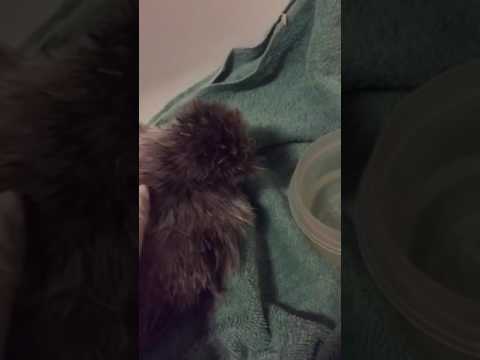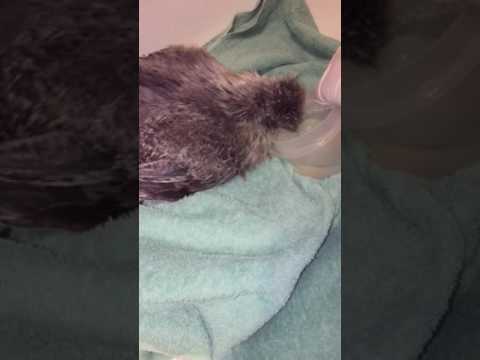Hi @egghead@1265Tyllyn50, terramyicin, vet RX?
Isolate them for upper respiratory-? What if you cannot?
Treat all birds or just sick ones?
Can you post photos?
What type of symptoms do your chickens have?
If your chickens are having symptoms of a respiratory illness like Infectecious Bronchitis, Mycoplasma, Coryza, etc., then antibiotic treatment may be needed to treat any secondary infections that may be associated with illness. Antibiotics will not cure any of these illnesses, but may help relieve some symptoms. Recovered birds and those that they are housed with are generally considered carriers of the illness.
If you have a large number of birds that are ill, then you may want to have some testing performed to understand what type of illness you are dealing with.
Ideally you would want to separate and treat only birds that are showing symptoms. Clear away any mucous from the nostril and remove any discharge/pus from the eyes. Provide supportive care with added poultry vitamins in the water and extra protein like egg or tuna.
VetRx can be used to help alleviate some respiratory symptoms- this is like a "vapor rub" for chickens. Terramycin eye ointment can be used on eyes that have been flushed and cleared of discharge/pus to help with any secondary infection. Tylan 50 is an antibiotic that is commonly used to treat any secondary infection/complication due to respiratory illness.
Let us know how they are doing.



